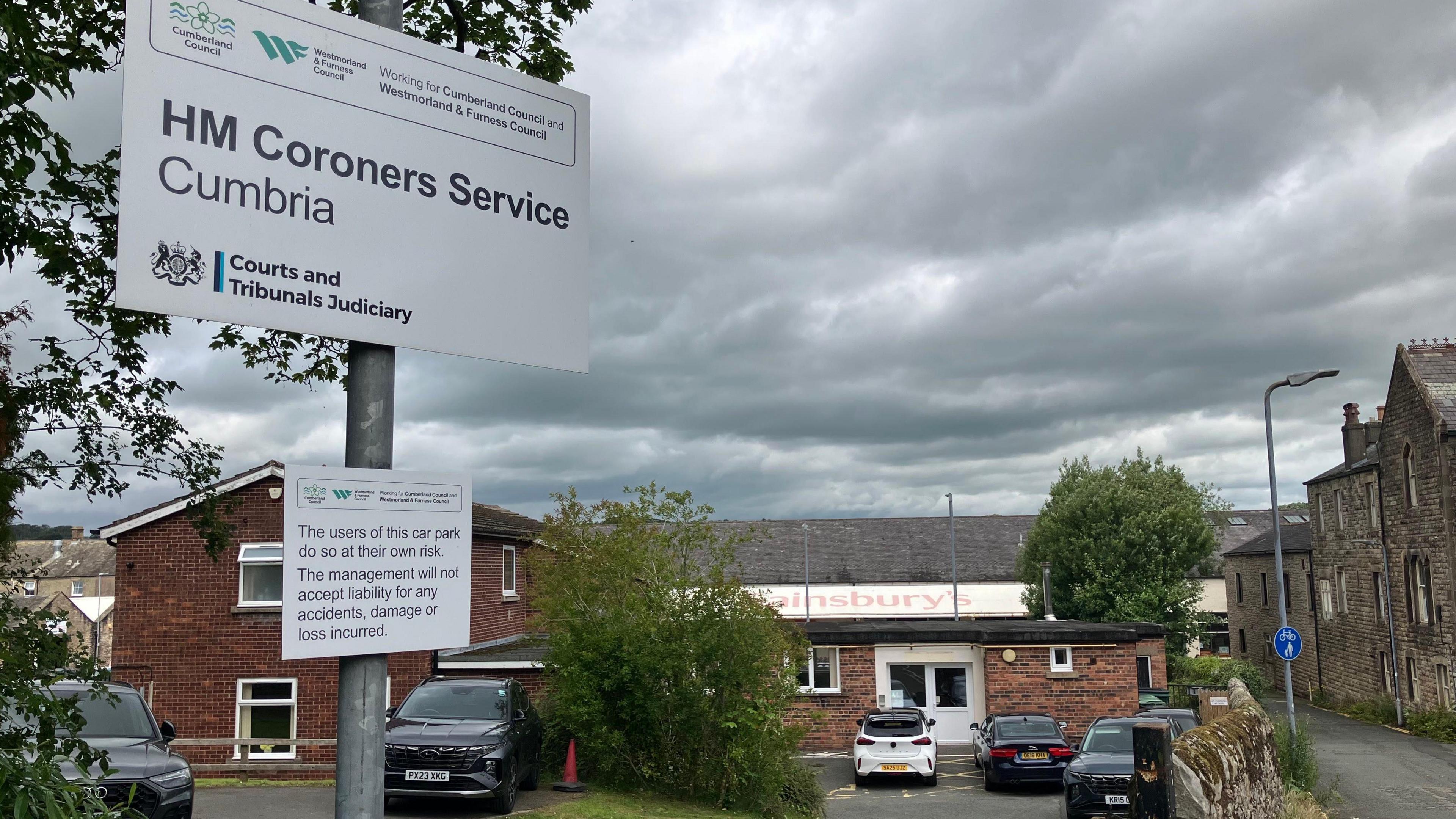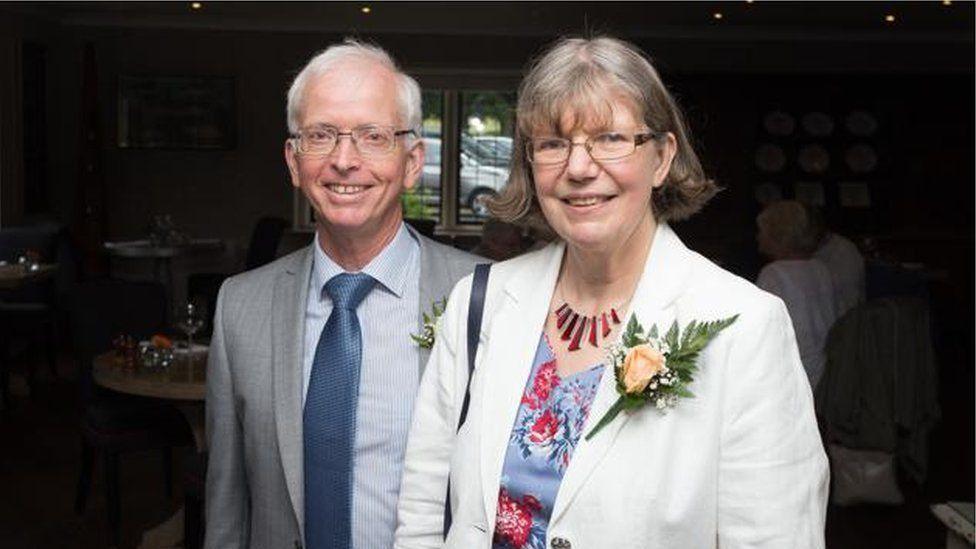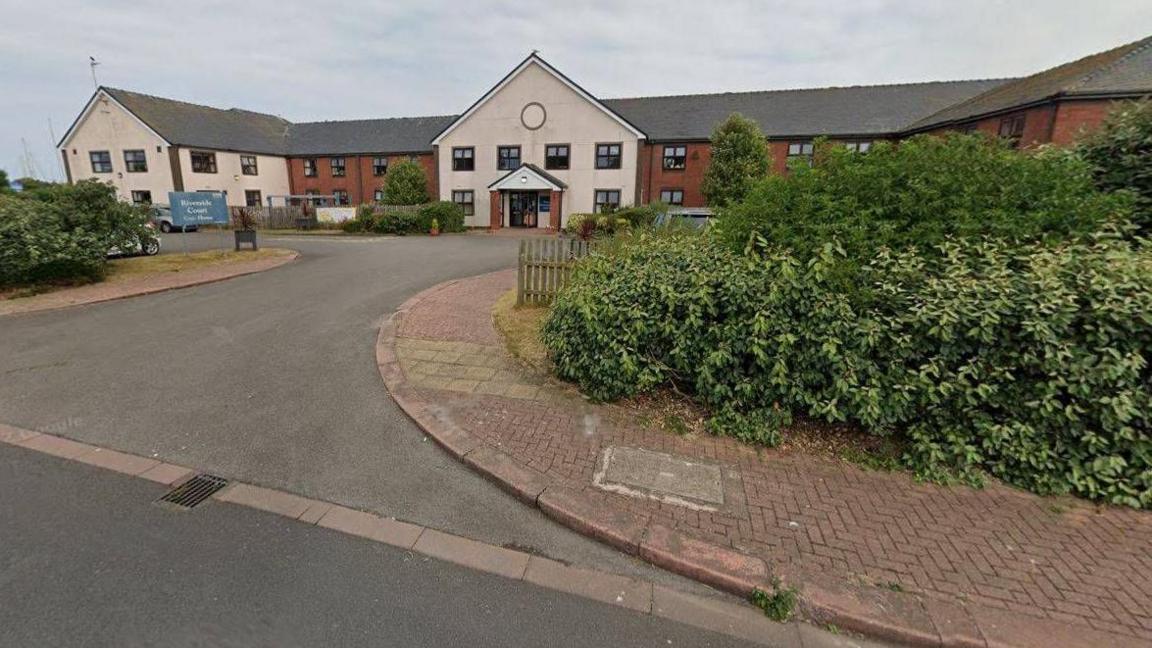Treatment 'could have saved' dad with blood clot

The coroner recorded death by natural causes, contributed to by neglect
- Published
A dad-of-three who died from a blood clot in his lung could have been saved had he received the required medical attention, an inquest has found.
University researcher Dr Mark Ryan Foster, from Cockermouth, Cumbria, died on 17 February 2024, several weeks after he started experiencing shortness of breath.
The 53-year-old had visited his GP surgery on three occasions prior to his death and had undergone various examinations, but an important test that might have helped pin-point the problem was never administered, the inquest heard.
Kirsty Gomersal, senior coroner for Cumbria, said: "On the balance of probabilities, Dr Foster would have survived if admitted to hospital and treated."
During the inquest in Cockermouth, which concluded on Monday, the coroner described Dr Foster as having been "usually fit and well."
She added that he had been experiencing breathing difficulties since December 2023.
On 11 January 2024, he consulted his GP and later had a chest X-ray, the results of which proved "unremarkable".
However, Dr Foster's issues persisted and he returned to the practice a month later, where he was examined and a D-dimer test - which diagnoses the likes of pulmonary embolisms - was ordered.
But, "for reasons that cannot be determined", the test was not carried out that day, so Dr Foster returned a few days later.
The inquest was told a re-examination - which included heart and blood tests, but not a D-dimer - was carried out by a nurse on 14 February.
The results of Dr Foster's blood test were received the following afternoon, revealing "a markedly elevated pro-BNP of 1981" - meaning Dr Foster was experiencing significant heart stress as a result of his lung condition.
The coroner added that a telephone consultation with a GP then took place on the morning of 16 February, but "he was not referred to secondary care".
The next afternoon he collapsed at home and died.
Ms Gomersal said the onset of Dr Foster's pulmonary embolism had probably been around the beginning of February 2024, adding that he had "required admission to hospital on 16 February".
She recorded death by natural causes, contributed to by neglect.
Follow BBC Cumbria on X, external, Facebook, external, Nextdoor and Instagram, external.
Get in touch
Do you have a story suggestion for BBC Cumbria?
Related topics
More stories like this
- Published21 October

- Published3 October
